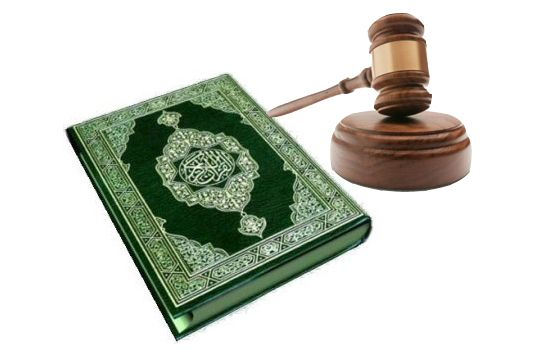1. Facts of the Case
‘A’, a Christian man, dies intestate (without leaving a will). At the time of his death, he is survived by his widow, two sons, and two daughters. There are no other heirs such as parents or lineal ascendants. The question arises as to how A’s property will be distributed among the surviving family members under Indian Law, specifically under the Indian Succession Act, 1925, which governs the succession of Christians in India.
2. Issues in the Case
- Who are the legal heirs entitled to succeed to A’s estate under the Indian Succession Act, 1925?
- What is the share of the widow when the deceased leaves behind children?
- How is the residue of the estate to be divided among the sons and daughters?
- Is there any distinction between male and female heirs under Christian law of succession?
3. Legal Principles Covered
A. Relevant Law: Indian Succession Act, 1925
The property of a Christian dying intestate is distributed according to Sections 31 to 49 of the Indian Succession Act, 1925.
B. Section 33 – Distribution when a Christian leaves behind a widow and lineal descendants
According to Section 33 of the Act:
When the intestate has left a widow and lineal descendants (children or grandchildren), the widow shall be entitled to one-third of the property, and the remaining two-thirds shall be divided equally among the lineal descendants.
Thus, the widow receives 1/3 share, and the remaining 2/3 share goes equally to all children, irrespective of gender.
C. Section 42 – Equality among sons and daughters
Under Christian Law, no distinction is made between sons and daughters. All children inherit equally from their parents. The principle of gender equality in inheritance is a hallmark of Christian succession law.
D. Judicial Reference
- Mary Roy v. State of Kerala (1986 AIR 1011, SC)
- The Supreme Court held that Indian Succession Act, 1925, applies to all Christians in India (including those in Kerala), ensuring equal property rights for both sons and daughters.
- The decision abolished any customary laws that discriminated against women in inheritance.
- Sectional Principle:
- Christian succession laws are secular and gender-neutral, promoting equal distribution among all children.
4. Possible Judgement
A. Application of Law to the Present Case
The heirs of A are:
- Widow (1)
- Two Sons (2)
- Two Daughters (2)
→ Total Heirs: 5 (1 widow + 4 children)
- Step 1: Widow’s Share
As per Section 33, the widow gets one-third (1/3) of the estate. - Step 2: Distribution of Remaining Two-Thirds (2/3)
The remaining two-thirds is divided equally among all the children, i.e., two sons and two daughters.
Hence, each child receives an equal share of the remaining two-thirds.
B. Calculation of Shares
| Heir | Share in Property | Calculation |
|---|---|---|
| Widow | 1/3 | 1/3 of total estate |
| Son 1 | 1/6 | (2/3 ÷ 4 = 1/6) |
| Son 2 | 1/6 | (2/3 ÷ 4 = 1/6) |
| Daughter 1 | 1/6 | (2/3 ÷ 4 = 1/6) |
| Daughter 2 | 1/6 | (2/3 ÷ 4 = 1/6) |
C. Final Distribution
- Widow: 33.33% (1/3)
- Each Child (2 Sons + 2 Daughters): 16.66% (1/6) each
Final Judgment Summary
Under the Indian Succession Act, 1925, the widow receives one-third of the deceased’s property, and the remaining two-thirds is divided equally among all children, irrespective of sex. Therefore, the property of A shall be distributed as follows:
- Widow – 1/3 share
- Son 1 – 1/6 share
- Son 2 – 1/6 share
- Daughter 1 – 1/6 share
- Daughter 2 – 1/6 share
Legal Outcome:
The property is divided equitably among the heirs, ensuring no gender-based discrimination, consistent with the principles laid down in the Indian Succession Act, 1925, and the Supreme Court’s ruling in Mary Roy v. State of Kerala (1986).
About lawgnan:
Understanding how property devolves under the Indian Succession Act, 1925 is essential for students, lawyers, and families dealing with Christian inheritance. This Act ensures equal rights for sons and daughters and a fair share for the widow, reflecting gender-neutral justice. To explore more case summaries, LLB study materials, and detailed notes on Indian personal laws, visit Lawgnan.in. Lawgnan provides simplified, exam-focused resources and legal insights that help you master difficult succession concepts with ease. Stay informed, stay ahead — empower your legal learning journey today with Lawgnan.




